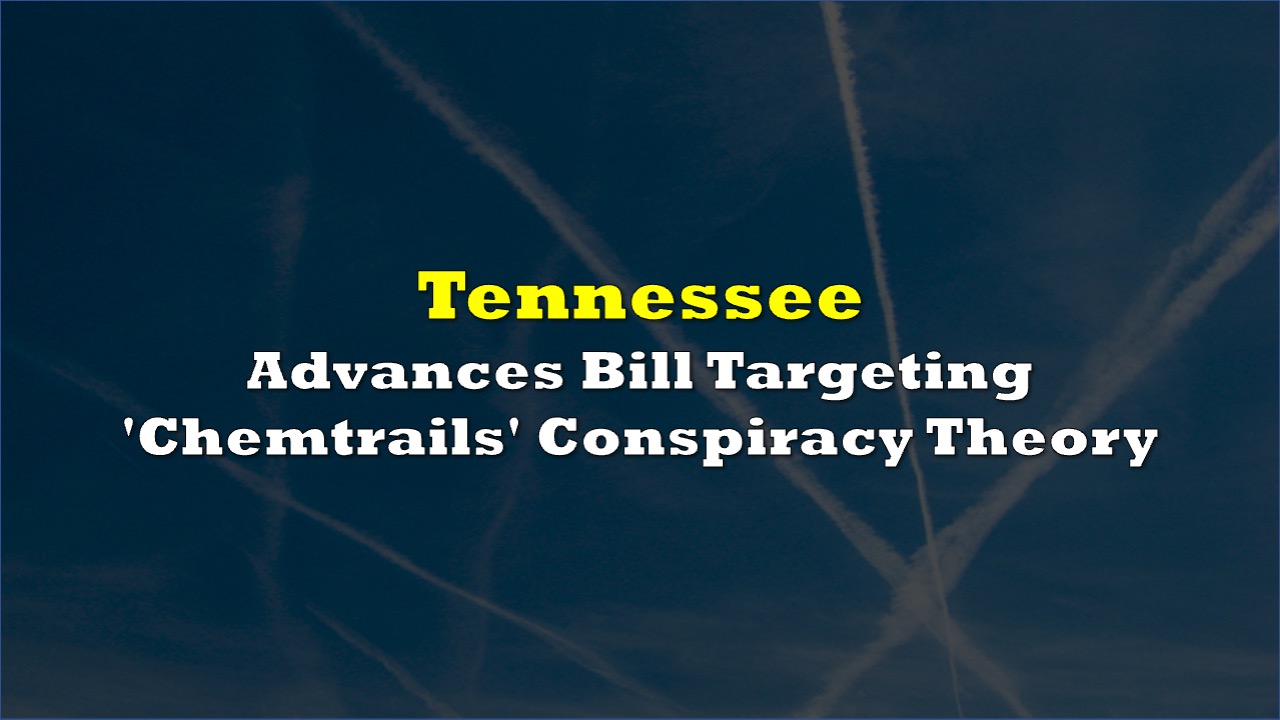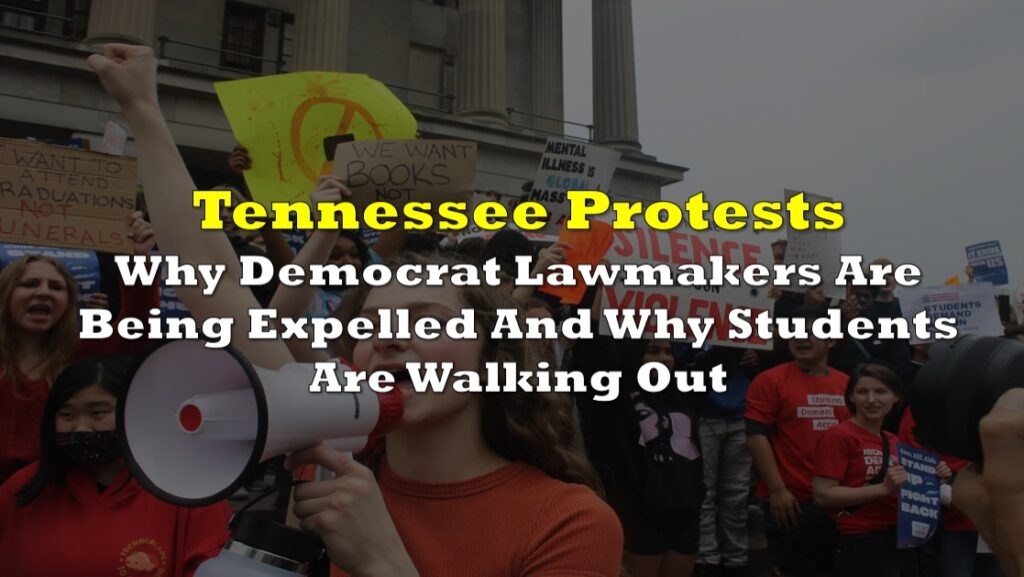Tennessee lawmakers are advancing a controversial bill aimed at banning the alleged practice of releasing chemicals into the atmosphere for weather control purposes — a theory commonly referred to as “chemtrails.”
Senate Bill 2691, sponsored by Republicans Rep. Monty Fritts and Sen. Steve Southerland, would prohibit the “intentional injection, release or dispersion, by any means” of chemicals into the air with the intent of altering temperature, weather patterns, or sunlight intensity. The bill passed the State Senate on March 18th by a 25-6 vote.
Embarrassing stuff from the Tennessee Senate: A bill to ban chemtrails.
— Rob Freund (@RobertFreundLaw) March 25, 2024
Good work. Banning the tooth fairy from entering homes is up next. pic.twitter.com/2zfrDTh0gg
However, the measure still faces additional hurdles before potentially becoming law. It now heads to the House Agricultural and Natural Resources Committee for review on March 27th. If approved there, it would go to the full House for a vote.
The text claims it is “documented” that the federal government conducts geoengineering experiments involving chemical dispersal. The “chemtrails” conspiracy theory asserts that condensation trails from aircraft contain chemical or biological agents as part of secret operations, despite scientific explanations and repeated debunkings by fact-checkers.
Michael McKinney, an environmental studies director at the University of Tennessee, expressed skepticism in a report by USA Today, saying the bill’s wording leaves “no other way to interpret it” except as relating to chemtrails misinformation. He called it “unproductive and distracting legislation.”
Similar chemtrails bills have arisen elsewhere, like in New Hampshire earlier this year, fueling false claims that such releases were already banned. The conspiracy has also sparked misinformation about vaccines being spread through these alleged chemtrails.
Information for this story was found via the sources and companies mentioned. The author has no securities or affiliations related to the organizations discussed. Not a recommendation to buy or sell. Always do additional research and consult a professional before purchasing a security. The author holds no licenses.






